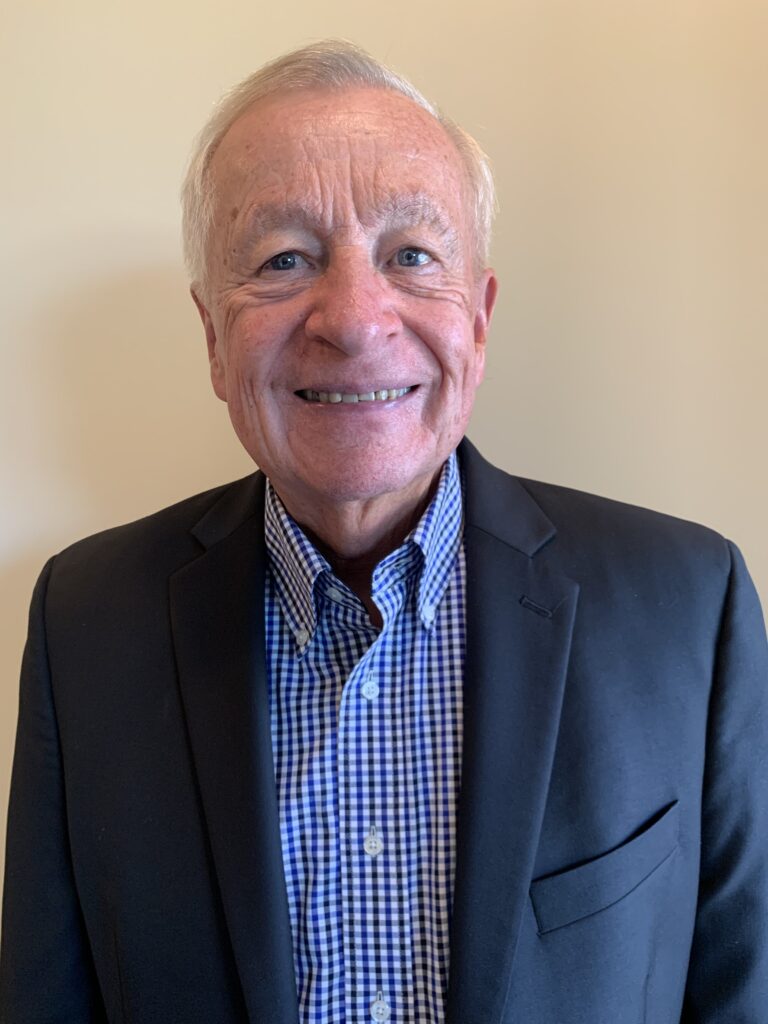I’ve heard the question, “Can we please quit talking about the bills?” many times over the years. I think it is a great question. Before speaking to it, let me issue one word of clarification. I don’t think I’ve ever heard this question asked in the hopes that the congregation would have no one paying attention to the bills. Paying the bills is important.
I think the question really is “Can we please quit talking about the bills in our stewardship ministry and in worship?” My answer to this question is, “Yes, please! Quit doing that.”
There are many problems with talking about the bills as you ask people to consider their giving to the congregation. Two of these are most significant.
- First, talking about the bills always grounds the appeal to giving because of the need of the church to receive, rather than the need of the giver to give. The Bible never does this. Rather, the biblical message is always how important it is for a child of God to live a generous life. We always do better following the biblical lead.
- Second, talking about the bills is a lousy motivator for generosity. No one really enjoys paying the bills, either their own or the church’s. Besides, once the bills have been paid, does that mean everyone has given enough? What about that great ministry you haven’t tried yet? Talking about the congregation’s ministry is much more exciting and invites open-ended generosity.
There is no “one size fits all” way to move from talking about the bills to a more positive appeal for generous giving and generous living. Having said that, here are some steps I’d encourage:
- Start intentionally connecting the congregation’s ministry to people’s giving. On a regular basis, perhaps at the time of the offering, say something like, “Because of your gifts to First Lutheran Church, last week we were able to (here, tell a story of your congregation’s ministry). This happened because of you. Thank you.” Do this every week, or every other week, or even monthly.
- Seize every opportunity to proclaim the biblical message of generous living. Sermons on any of the many stewardship texts will be helpful. These sermons will not ask people to give to the church. They will invite people to hear God’s call to connect their faith and their financial lives and to live and give generously.
- If you do want to talk about the lights, talk about what happens when the lights are on. Don’t talk about the electric bill. Talk about worship. Talk about Sunday School. Talk about the groups that meet in the church building. Focus on the ministry, not the bill.
- Talk about the ministry plans your congregation has for the coming year and how increased generosity will result in increased ministry. When it comes time to ask people to consider their giving for the next year, don’t talk about the budget going up five percent.
- Next December, when there are bills left to pay and the end of the year is coming soon, talk about the ministry that remains to happen. Don’t talk about the bills. Invite people to give generously so the ministry the congregation has planned can indeed happen. Talk about the people whose lives will be profoundly impacted when your congregation does all it has planned to do.
- Finally, make sure that someone is paying close attention to the financial life of the congregation. Make sure that bills are paid in a timely manner, and the budget is faithfully followed. This is important. It is also important to do this work at the committee or council level. There is no need to talk about the bills in front of the entire congregation.
If you have people in your congregation who advocate talking about the bills, or want to stress the importance of everyone “doing their fair share,” you have a choice to make. You could simply start doing things in the new way described above without announcing the change. Or, you may need to talk with them and say you are going to try a new way for a year or two.
This issue of the bills is addressed much more fully in my book, Ask, Thank, Tell: Improving Stewardship Ministry in Your Congregation. If you have a copy on your bookshelf, there is much more there, especially in the Introduction and Chapter 1. If you don’t have a copy, Fortress Press can help you out.

